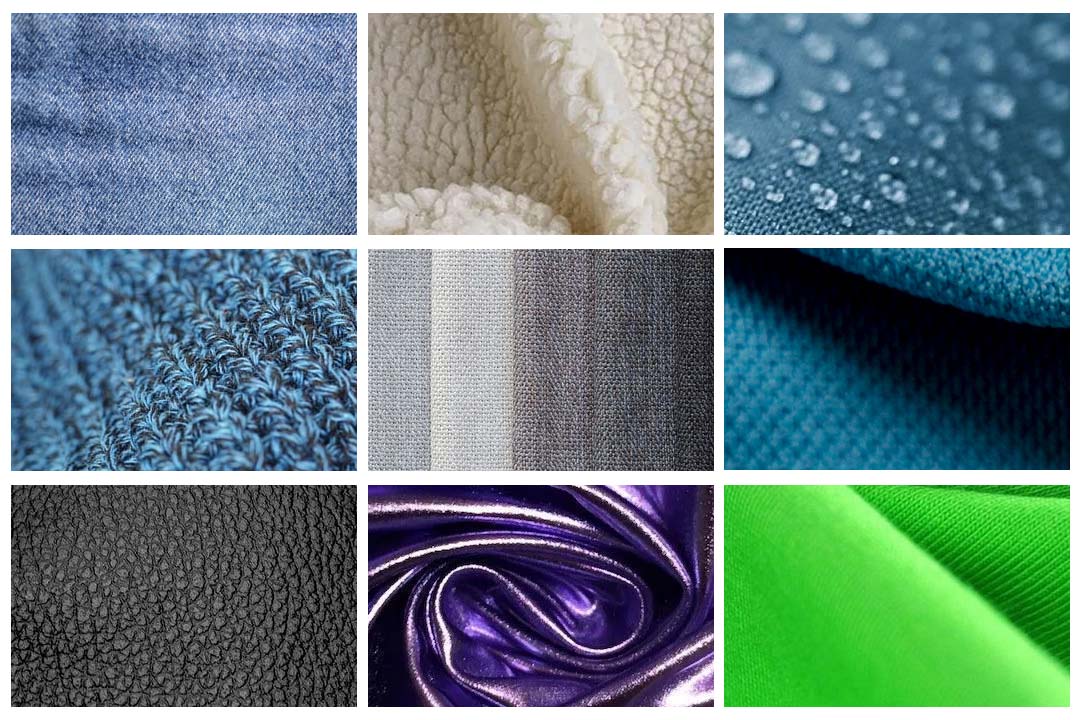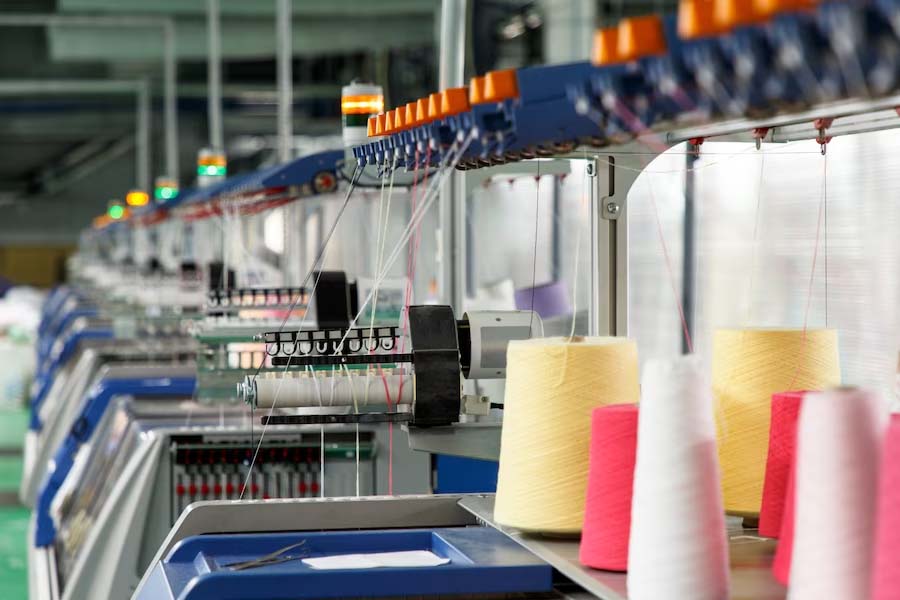Uniform manufacturers use a variety of materials to create high-quality and functional uniforms for a wide range of industries. The materials used can vary depending on the specific needs of the business, such as comfort, durability, and functionality.
Here are Some of The Most Popular Materials Used by Uniforms Manufacturers:
- Cotton: Cotton is a natural, breathable, and comfortable material that is commonly used in uniform manufacturing. It is the first choice of school uniform manufacturer for school dresses. It is soft to the touch, and it allows air to circulate, which helps to keep the wearer cool and dry. Cotton is also highly durable, and it can withstand repeated washing and wear.
- Nylon: Nylon is a synthetic material that is commonly used in uniform manufacturing. It is highly durable and can resist abrasion and tearing. Nylon is also lightweight and dries quickly, which makes it ideal for uniforms worn in wet or humid environments.
- Spandex: Spandex is a synthetic material that is commonly used in uniform manufacturing. It is highly stretchable, which makes it ideal for uniforms that require a lot of movement, such as sportswear and activewear. Spandex can be blended with other materials to create a range of different fabrics.
- Wool: Wool is a natural, insulating, and comfortable material that is commonly used in uniform manufacturing. It can regulate body temperature, which makes it ideal for uniforms worn in colder climates. Wool is also highly durable and can resist wrinkles and fading.
- Rayon: Rayon is a synthetic material that is commonly used in uniform manufacturing. It is highly absorbent, which makes it ideal for uniforms worn in hot and humid climates. Rayon is also lightweight and can be blended with other materials to create a range of different fabrics.
- Polyester: Polyester is a synthetic material that is commonly used in uniform manufacturing. It is highly durable, and it can resist wrinkles, shrinking, and fading. Polyester is also lightweight, which makes it ideal for uniforms worn in warmer climates. It can be blended with other materials to create a range of different fabrics. That’s why security uniform manufacturers use it a lot.
- Leather: Leather is a natural, durable, and breathable material that is commonly used in uniform manufacturing. It can provide protection from the elements and is often used in uniforms worn by law enforcement and military personnel.
- Denim: Denim is a durable and comfortable material that is commonly used in uniform manufacturing. It is often used in uniforms worn by workers in industries such as construction and manufacturing. Denim is highly durable and can resist wear and tear.
- Fleece: Fleece is a synthetic material that is commonly used in uniform manufacturing. It is soft, comfortable, and insulating, which makes it ideal for uniforms worn in colder climates. Fleece is also lightweight and can be blended with other materials to create a range of different fabrics.
- Gore-Tex: Gore-Tex is a synthetic material that is commonly used in uniform manufacturing. It is waterproof and breathable, which makes it ideal for uniforms worn in wet or humid environments. Gore-Tex is highly durable and can resist wear and tear.
Uniform makers use a range of materials to create high-quality and functional uniforms for a wide range of industries. The materials used can vary depending on the specific needs of the business, such as comfort, durability, and functionality. In this blog, we have discussed some of the most popular materials used by uniform manufacturers. By choosing the right material for their uniforms, businesses can ensure that their employees are comfortable, protected, and able to perform their job functions effectively.






1 thought on “Popular Materials Used By Uniforms Manufacturers”
Pingback: Misha Shah (uniform_supplier) | Pearltrees